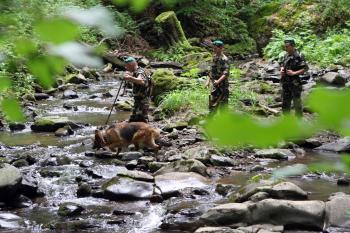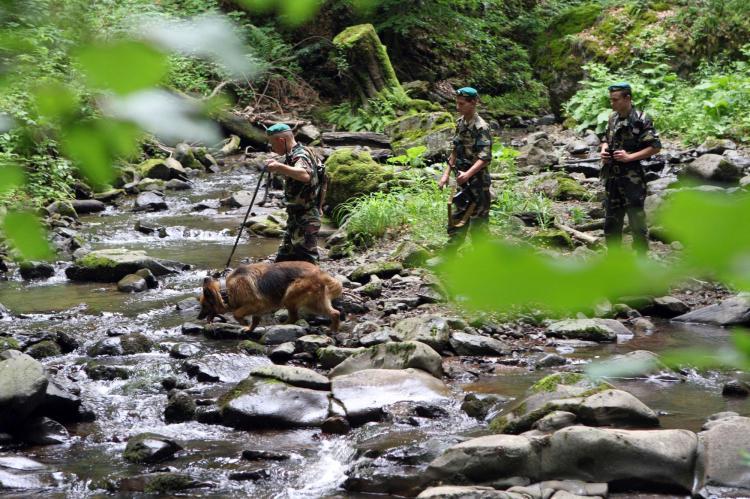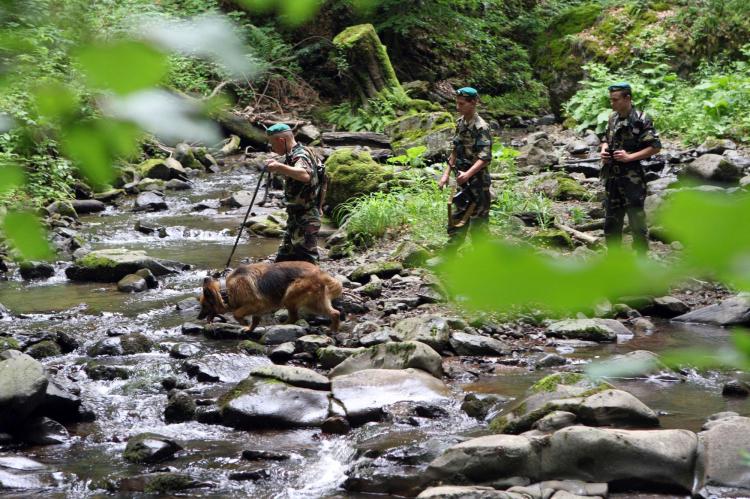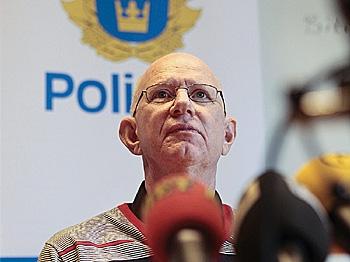GOTHENBURG, Sweden—Sweden should lead European efforts to improve the situation at the eastern borders of the European Union, urged a recent report by the independent London-based think tank, European Council on Foreign Relations (ECFR).
The report authored by ECFR research fellows, Nicu Popescu and Andrew Wilson, warned of “dire consequences”, not only for the region but also for EU, if the situation is inappropriately handled. Europe may face another August War at its borders, unless EU changes its conceding attitude in response to the increasing influence of the Russia in the region.
The Swedish leadership which took over the presidency of the EU on July 1 has the “standing and credibility” to lead a “listening tour” of the former Soviet states in the “crisis-prone neighborhood” for coming to terms with the prevailing security issue, said the report.
Poverty and Trafficking
Recent year developments in Georgia, Belarus, Ukraine, and Moldova showed that these countries are in deep trouble. Instead of moving towards openness, freedom and democracy, they are plagued by political and economic crisis, and their poverty-stricken citizens are facing isolation by their wealthier western neighbors within the EU. The current global financial crisis adds to the severity of the situation.
South of Georgia, by the Caspian Sea, another two former Soviet republics, Azerbaijan and Armenia are burdened by an unresolved conflict over the region of Nagorno-Karabakh, which has caused hundreds of thousands of displaced people on both sides.
The UN Refugee Agency said that Armenian women and girls are victims of trafficking to the United Arab Emirates and Turkey. Both Armenian men and women are trafficked to Russia for forced labor.
War May Erupt Again
The ECFR researchers are not alone with the warning. The International Crisis Group (ICG), an independent crisis analysis agency with headquarters in Brussels has made similar warnings. According to ICG, the 2008 August War between Georgia and Russia can erupt again. Russia has refused to withdraw its troops from the occupied Georgian regions of South Ossetia and Abkhazia, in defiance of the terms of the ceasefire agreement brokered by Sarkozy. The Russians refuse to leave the region mainly because Georgia has sought membership in NATO, according the most observers.
Human Rights Watch has reported on violent incidents in South Ossetia where militias attacked ethnic Georgian groups, without intervention from the Russian “peacekeeping” forces.
Closed Borders
In recent years, the EU has been successful in expanding its eastern borders to include former Soviet states like Czech Republic, Hungary, Poland, Slovakia, Bulgaria and Romania. But those states that are left behind are facing increased isolation. Just a few years ago, the citizens of Ukraine and Moldavia could visit their former allies but their borders are now closed after joining the EU. The only border that is open to the Ukrainians and Moldavians is with the Russians.
Political and Economic Turmoil
Ukraine suffers political and economic turmoil in the aftermaths of a series of serious gas disputes with Russia, since 2006. The disputes have resulted in major supply cut-offs in many European countries in the winters.
Manuel Barrosso, President of the European Commission said on June 19 at a press conference in Brussels that Ukraine has difficulties in paying for Russian gas and “there is indeed the risk of another major crisis in weeks, not months, and we must protect European citizens.”
Moldavia, judged by GDP per capita, is the poorest country in Europe. On April 7, amidst accusations of a rigged general election in which the communists won, angered Moldavians attacked the parliament building. The government refuted with a brutal crackdown on the protesters, arresting hundreds and claiming three unconfirmed dead.
Moldova is also troubled by another issue of separatist character. The Russia supported Transnistria in the eastern border declared independence in 1990, followed by a war in 1992.
EU Lacks Engagement
The ECFR report criticized EU for its lack of engagement in the volatile region. In May 2009 the Eastern Partnership, an EU-project meant to improve the situation in troubled region, was inaugurated in Prague. But many heads of prominent countries, including France, UK, Italy and Spain were absent. EU´s visa policy was also criticized for obstructing political, economic and cultural exchange with the region.
The new Swedish EU Presidency has declared that it “intends to work to ensure the implementation of the Eastern Partnership,” a program that seeks to establish cooperation, free trade and enhance mobility of people in the in the troubled region.




